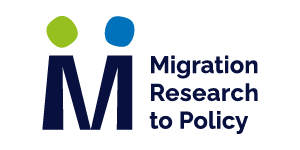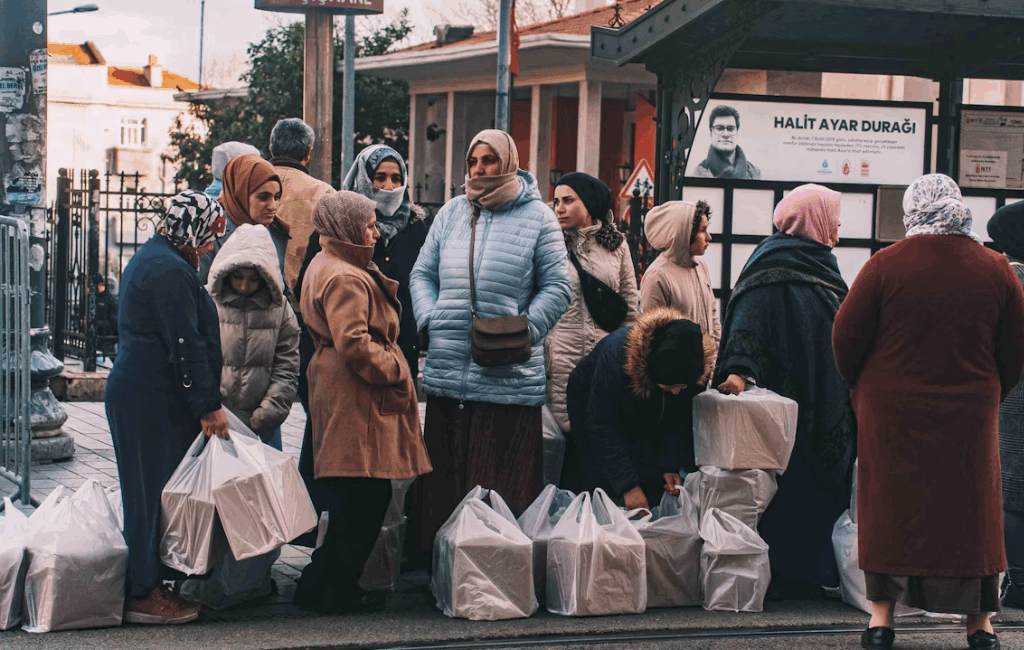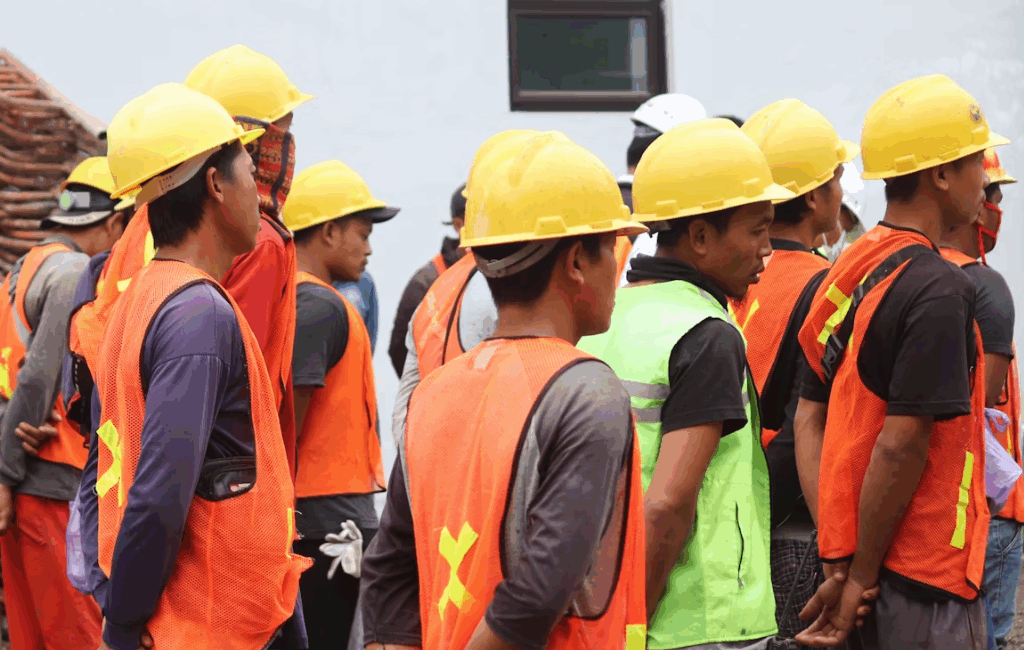
RESEARCH EXCHANGE
Three ways in which EU mobility policies and their implementation treat Asians unequally
Author
About
Asuncion Fresnoza-Flot
rights and protection
Asians are the second largest migrant population in the EU.
They have significantly contributed to the EU’s economies over the past decades. Despite this contribution, EU mobility policies and their implementation on the ground treat Asians unequally from one another. These inequalities raise concerns about the EU’s commitment to equal treatment.
In light of this, the AspirE project conducted content analyses of EU mobility policies and their implementation in five Southeast and East Asian territories/countries (Hong Kong and mainland China, Japan, the Philippines, Thailand, and Vietnam) and six EU countries (Belgium, the Czech Republic, Finland, Germany, Italy, and Portugal).
Our analysis reveals that Asians are systematically categorised and treated differently from one another based on three major parameters. In this short, we will explore these discrepancies embedded in EU mobility policies and propose steps to address them.
Key factors driving disparities in EU mobility policies:
Passport matters. Nationals from Asian countries experience vastly different treatment depending on whether their country is visa-exempt or non-exempt. Based on the EU Visa List Regulation (EU) 2018/1806, Japanese nationals and Hong Kong people are visa-exempt when crossing the external borders of EU member states. They thus enjoy a privileged position as they can enter the EU for a short-term stay without a visa. By contrast, nationals from mainland China, the Philippines, Thailand, and Vietnam are not exempt and therefore are subjected to numerous requirements to obtain a visa to visit an EU member state.
Money speaks, as do skills. Irrespective of being from a visa-exempt country and regardless of migration motivation (work, tourism, study, family, business), wealthy migrants appear to enjoy more privileges than other categories. For instance, mainland Chinese and Hong Kong citizens with a Portuguese Golden Visa do not need to fulfil long-term residency requirements to obtain Portuguese citizenship. They can also bring their children to Portugal to study and enjoy free movement in the EU. Regarding skills, while highly skilled migrants receive preferential treatment compared to their lower-skilled counterparts, they are treated differently when they are nationals of non-exempt countries/territories. They must meet more requirements than their counterparts from visa-exempt Asian countries when applying for a long-term visa to an EU country. For instance, highly skilled Vietnamese workers (non-exempt) applying for an EU Blue Card to Germany have a longer list of requirements than Japanese (visa-exempt) applying for the same Card in the same country.
A country’s status counts. Asian migrants are also differentially treated based on their country’s status, from which implicit assumptions as to whether they might be “potential overstayers” or “irregular migrants” appear to stem. For instance, the amount and details of information required by EU countries’ embassies/consulates for visa applications and immigration procedures vary significantly based on whether a prospective migrant’s origin country/territory is high or lower income (for example, Hong Kong and Thailand) and democratic or socialist (for example, Japan and Vietnam).
What could help reduce these disparities?
The above findings demonstrate some of the differential and hierarchical ways Asians are treated in EU mobility policies and the implementation of these policies in embassies and consulates in Asia.
The implications of these findings are significant for the following reasons:
The current practices will contribute to further inequities if they remain unadressed, which will jeopardise the EU’s principle of “equal treatment” and the Union’s commitment under the EU anti-racism Action Plan 2020-2025.
Visa-exempt policies carry the most influence on the implementation of EU mobility policies in Asia. Examining these policies can help highlight possible areas of inequality and identify appropriate measures to address them.
Nationals from non-visa-exempt countries will likely experience the worst outcomes, such as restricted spatial mobility and falling into irregularity during the migration process, which should be the focus of equality initiatives.
To identify disparities in how Asians are treated in EU mobility policies, a closer and regular monitoring of visa requirements and selection of prospective migrants would help. This monitoring should include a review and comparison of the number of requirements per visa category on the one hand and visa acceptance rates among Asian countries (visa-exempt and non-exempt). The results of this monitoring should be presented in the form of disaggregated data to clearly show disparities among Asian countries as regards the EU mobility policy implementation on the ground.
Asuncion Fresnoza-Flot is the Principal Investigator of the Horizon Europe-funded research project, “AspirE” (“Decision making of aspiring (re)migrants to and within the EU: the case of labour market-leading migrations from Asia”). She is a research associate of the Fund for Scientific Research (F.R.S.-FNRS) and senior lecturer at the Université libre de Bruxelles in Belgium.
Learn more:
- Research Report – Humanising EU migration policies. The transitioning of statuses in the EU regular and legal migration law
- Policy Brief – Critical gaps in the implementation of EU and selected Member States’ policies on migrating from Asia to the European Union
- Policy Brief – A critical appraisal of the EU’s regular migration system
Submit your idea for a ‘short’ to be featured on the Co-Lab.












